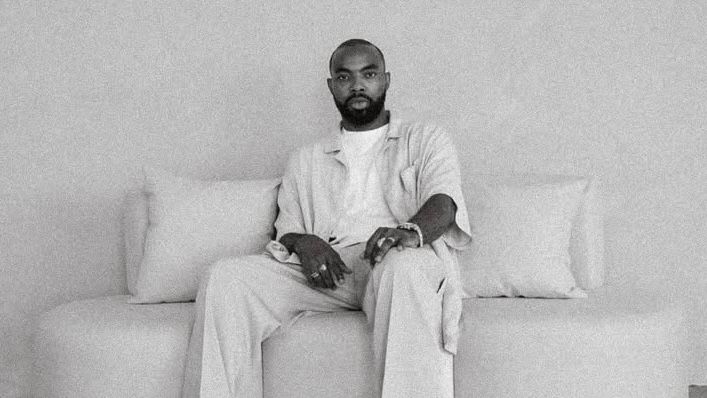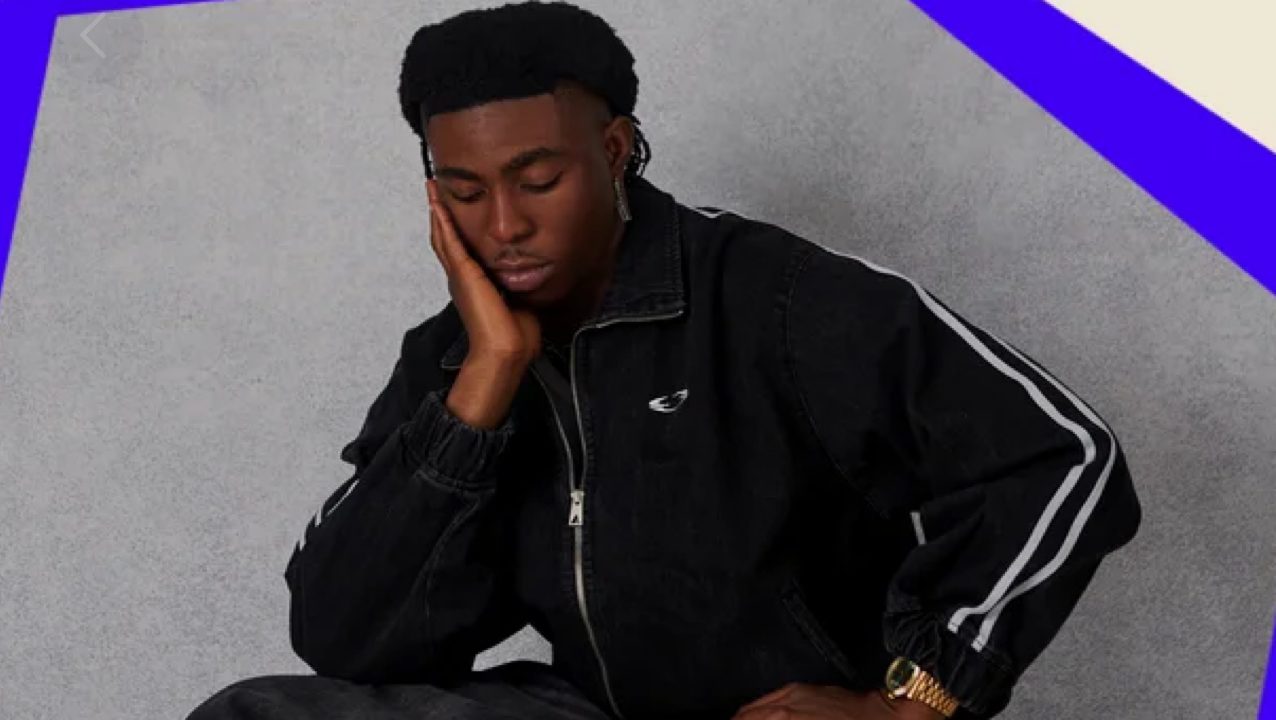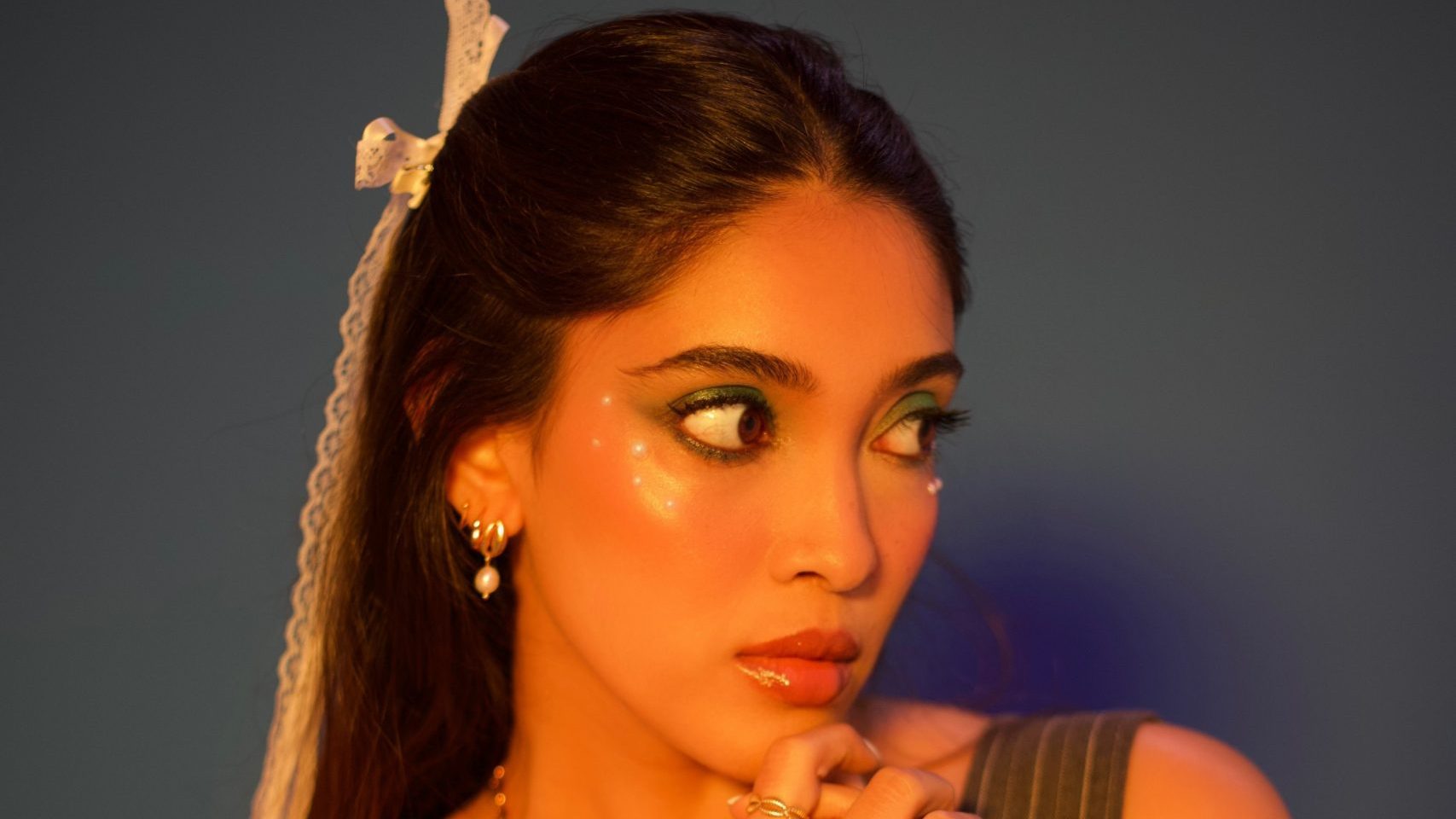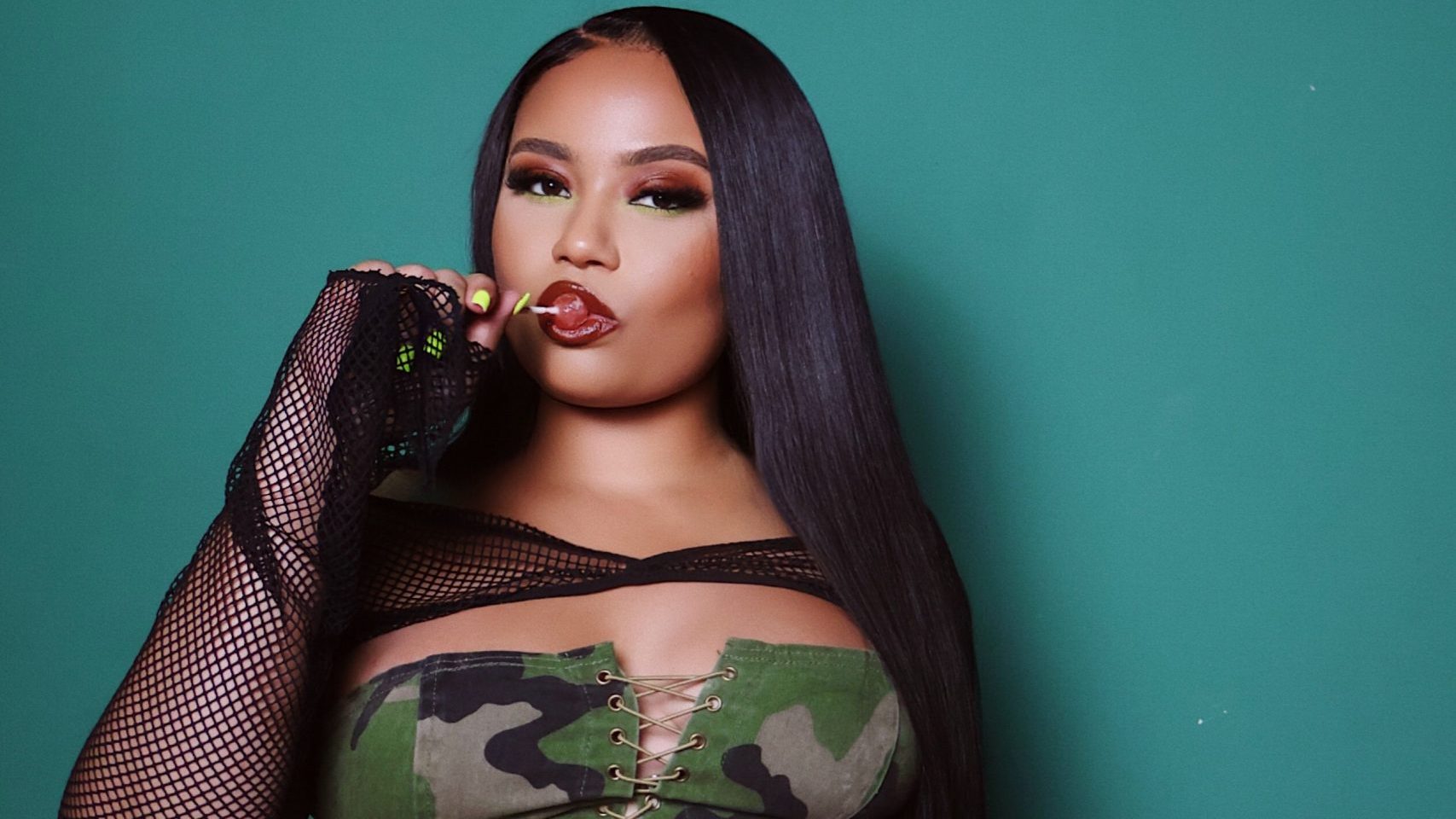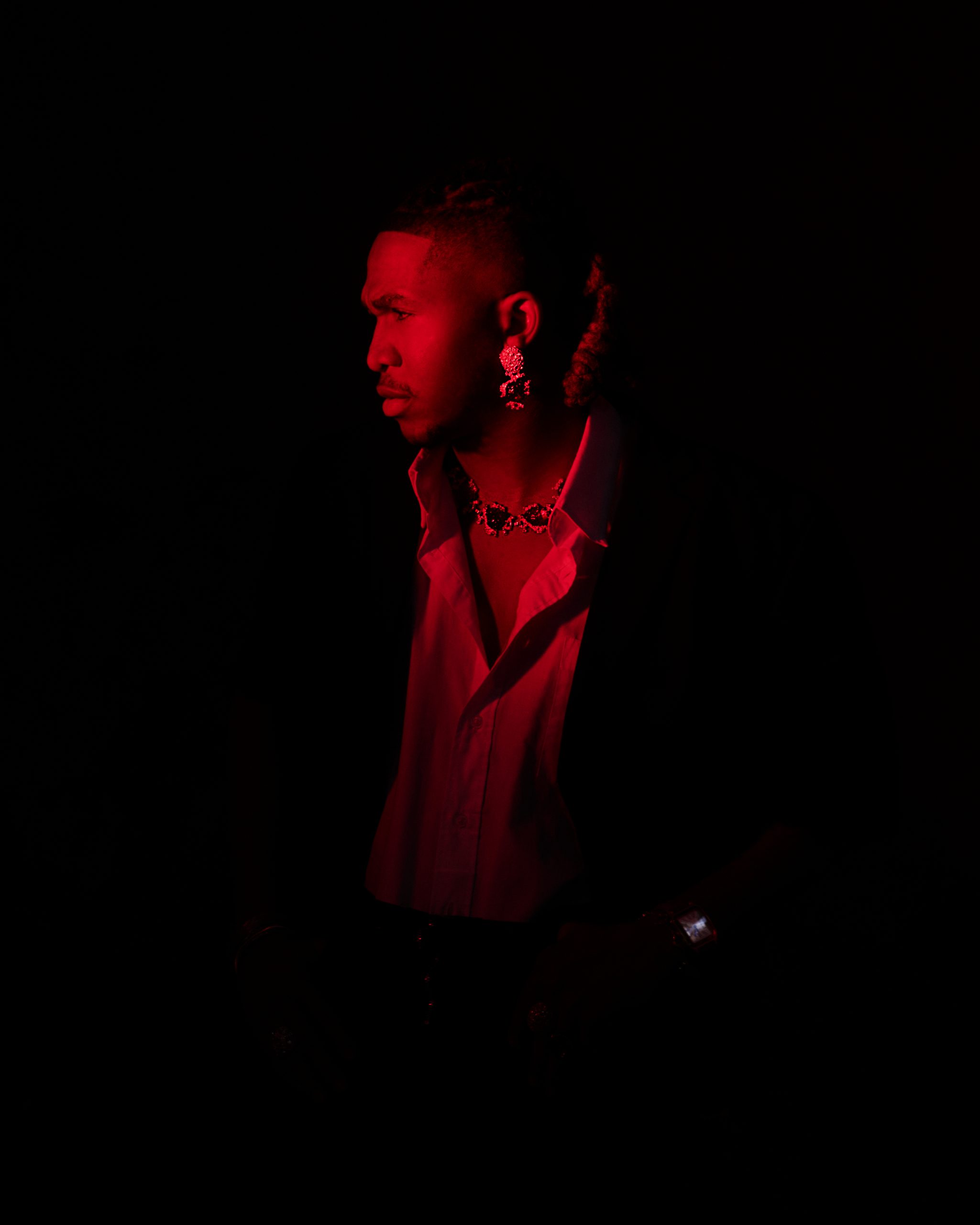Seyifunmi Michael, professionally known as Seyifunmi or Seyikeyz, is one of the most vital and often unsung structural forces in Afrobeats. As a Producer, Arranger, and Music Director, he has shaped the sound and stage presence of Nigeria’s biggest global stars, most notably his long-term creative partner, Adekunle Gold. Their time-tested chemistry has allowed Adekunle Gold execute bold sonic pivots, from Highlife to Afropop to the Fuji fusion, always anchored by Seyifunmi’s consistent technical core.
In this interview, Seyifunmi discusses his musical origins, the philosophy behind transitioning a recorded hit to the global stage, and his role as the Executive Producer on FUJI.
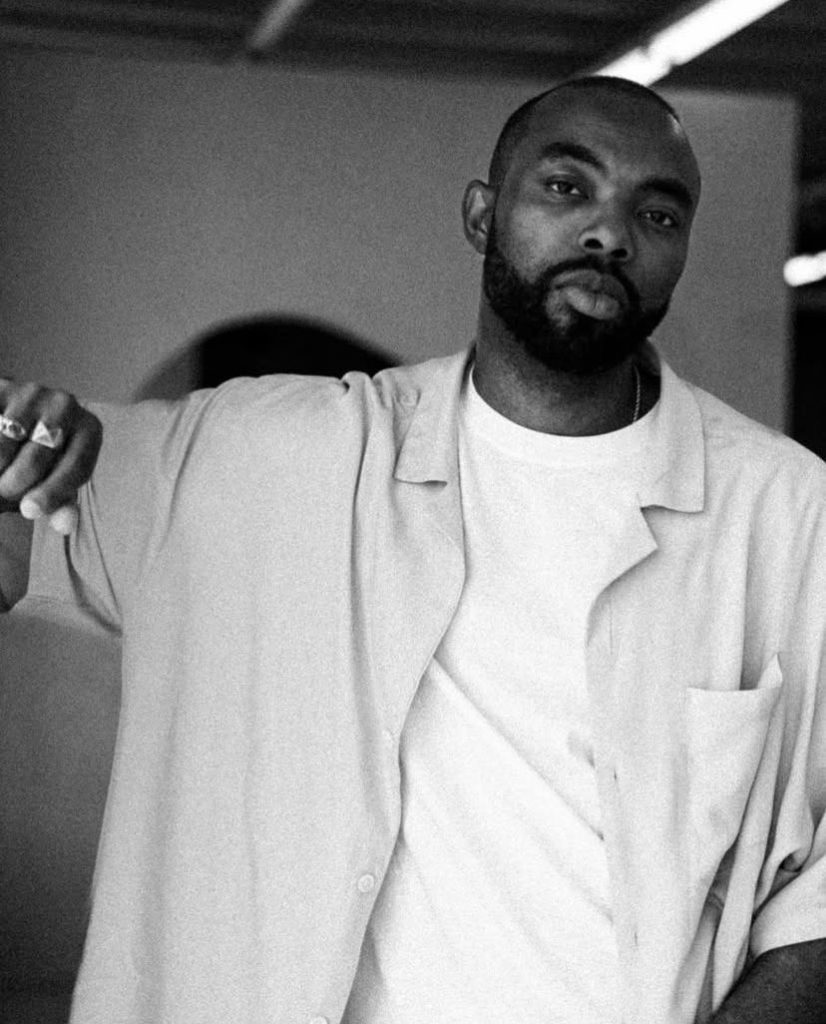
Your partnership with Adekunle Gold spans over two decades, predating both of your mainstream successes. Can you take us back to the beginning of that unique relationship?
It’s a very long story. Our friendship started over 25 years ago in Ikotun-Egbe. Creatively, it was very complementary right away. Adekunle came into the picture, and as I recall, he was more of a singer, and I was more of a music person. We used to do things differently. We developed a collaborative spirit, first forming a boy band that went through names like “Heaven Ward” and “Root of Jesse” before settling on “The Bridge.”
When it was time to make the jump to professional music, around 2015, we decided AG should be the star, and I’d be the guy behind the music.
Where did you grow up? What was growing up like, and how did that environment influence your path into music?
I come from a proper music family. My mother, who is late now, was a gospel singer who released two albums; my father plays the guitar, and my two older sisters sing. My mom was a lady evangelist, so we had a church at home. I was always putting plates together to drum, and thankfully, they didn’t stop me. They encouraged me. I started playing the keyboard around four or five and was the official keyboardist for my mother’s church when I was about six or seven. Music was just natural for me; I had great music ears and was the music star-boy in my secondary school.
How did you first get into music production? Are you a self-taught musician or did you have formal training?
I am largely self-taught. They tried sending me to music school, but I was just too playful and didn’t really go. What I know now came naturally, not really from what I learned then. However, I was always fascinated by technology. I was the boy at home who always wanted to open up and dismantle everything they bought. That led me to study Information Technology and Business Information Systems at university, and I’m still the ‘IT guy’ to my friends. That interest in systems and technology is actually what helped me transition into the complexity of production and arrangement.
How would you describe your role in his evolution from the “urban highlife” artist to the global pop star he is today?
My role in his evolution was maintaining his essence while embracing the switch. When he decided to pivot from the traditional Highlife sound, I was scared; I said, “Are you sure you want to do this?” But we made a pact one night that I’ll never forget: “Whatever you say we should do, let’s do it. I’m with you. Either we fail or we win. Let’s go. Let’s do this”. Since then, my job has been ensuring that when other producers send beats, we strike a balance. If they’re trying to go too Western, we bring it back to keep that African flavor and identity
FUJI is your first album as an executive producer. Tell us about the idea behind the album from your perspective.
Officially, this is me “wearing the robe properly,” because before, we were just working. The vision was to create the sound of Lagos. We wanted to take it back to Fuji, which is where it all started from. Fuji has influenced so many of our pop stars right now, like Asake and Wizkid; you can’t run away from that melody.
As Executive Producer, I was the one putting the puzzle together. My job was to strike a critical balance: we had to give them a full experience while making sure we didn’t take them too far from what they were used to. The album is a mix of core Fuji and Pop. On a track like “Many People,” which was co-produced with The Kazez, we used modern pop sounds, a grand piano, and a crazy 808 for the bass, then switched to the continuous Shina Peters-type kick in the second verse to make sure the Gen Z and the old generation understand the sound. Every song passes right through me. I’m the one who decides if we need to add a little color or remove a little color.
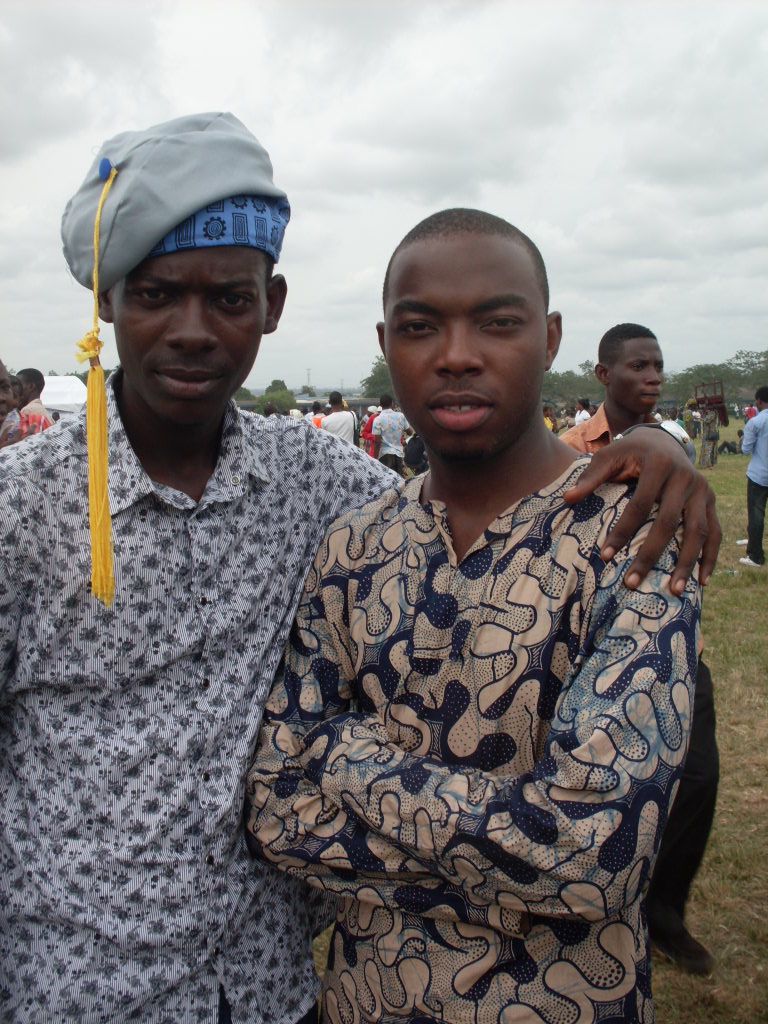
Take us behind the scenes of producing a major hit like “Uyo Meyo” for Teni or “1 Milli” for Davido. How did those songs come to life?
For “Uyo Meyo,” that was a soul conversation for me. When I create, I have to be in the zone, producing from the heart and not just the wrist, because wherever it comes from is where it’s going to go when anybody’s listening to it.
For “Uyo Meyo,” the sound was deeply personal. I lost my mother around that time, and the tone Teni was using connected with me deeply, as my mother was from Ondo. I knew it had to be authentic, so I went heavy on organic percussion. I’m the kind of person who will travel to Mali just to record an instrument. I always ensure there is a powerful intro that holds you immediately. When I sent the final mix to Teni, she called me, crying, because she felt the soul.
For Davido’s “1 Milli,” I think that was one of the shortest productions I’ve done. It was done in about two days. He needed something for his album, and I just went into the studio, put the ideas down, and we wrote it quickly.
In translating studio recordings into live performances as a music director and arranger, what are the key differences and challenges? Could you share a favorite moment from one of the shows/tours you’ve been on?
Studio production is bound by rules. You think about frequency ranges, market acceptance, and how the kick will sound in a club. But in a live show, there are virtually no rules. Whatever you give people is what they’ll take, so long as you give them a great experience. I ask myself: How do I want people to perceive the artist on this particular song?
My proudest moment was one of the tours in Europe. I researched the crowd and knew they had a huge EDM market. So, I secretly switched the track “High” into an EDM arrangement towards the end. When the switch hit on stage, let me tell you, everywhere went crazy! The video clips from that moment went viral.
From your perspective, as someone who has been a part of the growth of the Nigerian music industry, what would you say have been the key drivers of this success?
The major driver is that artists and producers are starting to see past local success. You have to look past the charts, past the local charts. If you don’t see past the Murtala Muhammed Airport, that’s where you’re going to stay. When you intend to go global, you open up your mind, you create from a different perspective, and you collaborate internationally. But while doing that, you must keep your essence, your Nigerian identity, because that is what makes the product unique and exportable.
With such a strong track record, what are your personal goals for the next five years? Are there any new genres or collaborations you’re keen to explore?
My focus now is on impact and getting myself “more out there”. Musically, I’m working on my own personal EP, which will be a soulful project designed to reflect my identity, set for release in the first quarter of next year. I also want to push my creative limits by collaborating more and exploring genres outside Afrobeats.
As a Music Director, my goal is to host my own proper orchestral concert where artists I’ve produced perform those songs. I want people to buy tickets just because I’m the music producer who is involved.
What is the most important question emerging producers and artistes should be trying to answer right now as they look to navigate the music industry?
You need to answer two fundamental questions: “Am I here just to make the next hit, or am I here for longevity?” and “Do I just want to stay on the local charts, or do I want to go global?” The answer to those questions will dictate everything you do, what you learn, who you collaborate with, and how you sustain your career when the hits aren’t coming. If you know you are aiming for longevity, you’ll focus on building your skill set and finding true creative partners.
What legacy do you hope to leave behind in the music industry?
I want my legacy to be about impact. I want my product and my sound to outlive me. I want people to study my sound in the next five, ten, or fifteen years, just like we’re refining Fuji today. To achieve that, I am committing to mentorship. I want to open my doors and make myself available to help develop the next generation, to create kings and queens.
